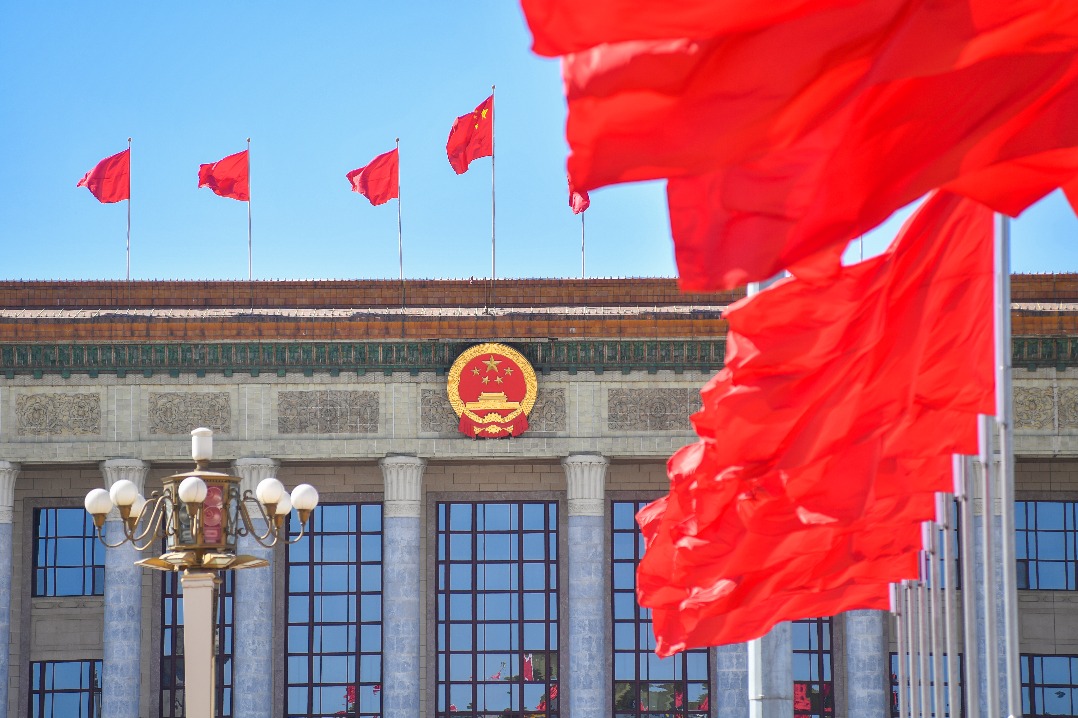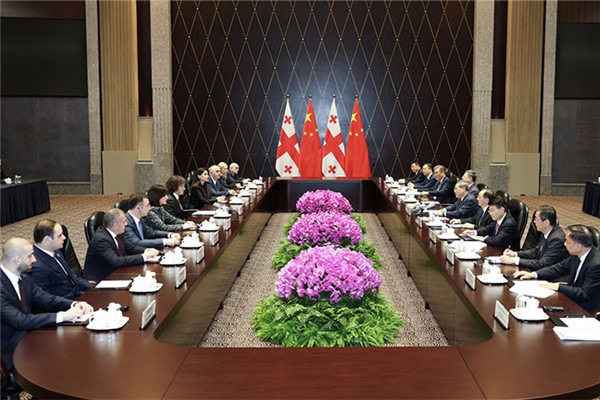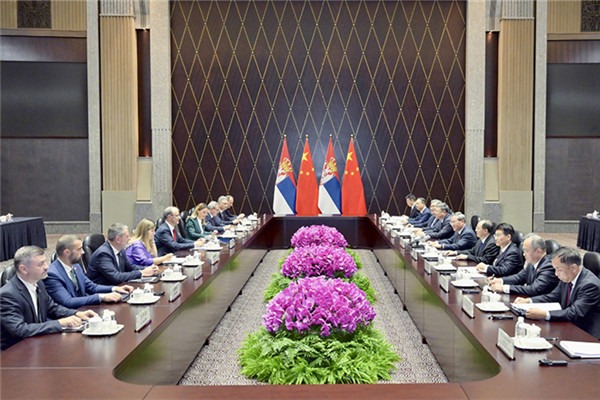Judges call for joint oversight of AI expansion

Beijing judges have called for stronger regulatory collaboration focused on artificial intelligence developers and service providers, with the aim of supporting innovation in the industry while enhancing the protection of individual rights.
Zhao Changxin, vice-president of the Beijing Internet Court, emphasized the need to supervise AI development and application across sectors. He suggested judicial bodies promptly communicate issues encountered in handling AI-related cases to departments such as cyberspace management, public security, market regulation and intellectual property.
"This joint approach aims to strengthen the regulation and guidance of AI use, and to clearly delineate the responsibilities and obligations of the technology developers, providers and users," Zhao said on Wednesday.
Since the court's establishment in September 2018, it has concluded more than 245,000 cases.
"Among them, those involving AI have been rapidly growing, primarily focusing on issues such as the ownership of copyright for AI-generated works and whether AI-powered products or services constitute online infringement," he said.
As AI expands into more areas, disputes are no longer limited to the internet sector but are emerging in culture, entertainment, finance and advertising sectors, Zhao said.
"While introducing new products and services, the fast development of the technology has also brought new legal risks such as AI hallucinations and algorithmic problems," he said, adding that judicial decisions should balance encouraging technological innovation with upholding social ethics.
In handling AI-related disputes, Zhao said priority should be given to safeguarding people's dignity and rights. He cited a landmark ruling by the court as an example.
In 2024, the court heard a lawsuit in which a voice-over artist surnamed Yin claimed her voice had been used without her consent in audiobooks circulating online. The voice was processed by AI, according to Sun Mingxi, another vice-president of the court.
Yin sued five companies, including a cultural media corporation that provided recordings of her voice for unauthorized use, an AI software developer and a voice-dubbing app operator.
The court found the cultural media company had sent Yin's recordings to the software developer without her permission. The software firm then used AI to mimic Yin's voice and offered the AI-generated products for sale.
Sun said the AI-powered voice mimicked Yin's vocal characteristics, intonation and pronunciation style to a high degree.
"This level of similarity allowed for the identification of Yin's voice," Sun said.
The court ruled that the actions of the cultural media company and the AI software developer infringed on Yin's voice rights and ordered them to pay her 250,000 yuan ($35,111) in compensation. The other defendants were not held liable as they unknowingly used the AI-generated voice products.
It was China's first case concerning rights to voices generated by AI.
"The ruling has set boundaries for how AI should be applied and helped regulate the technology to better serve the public," Sun said.




































